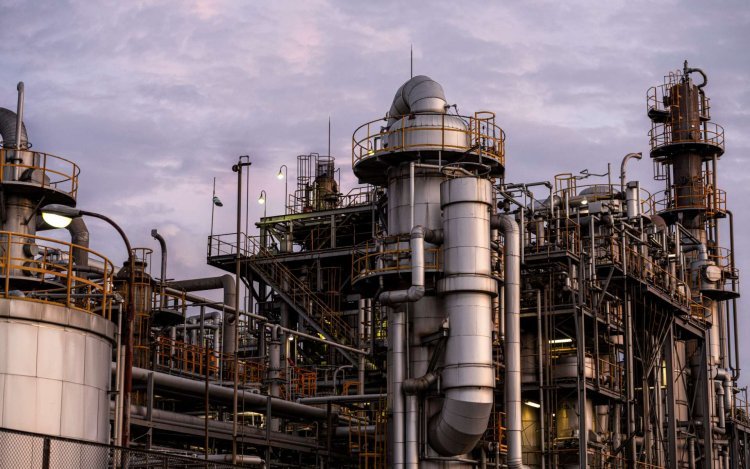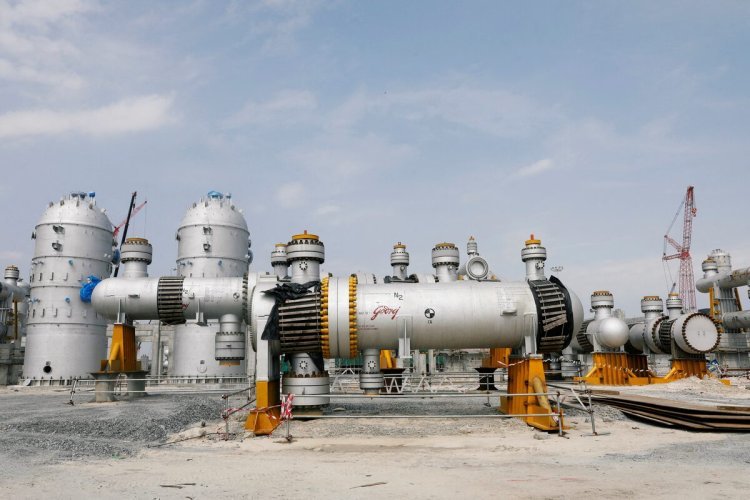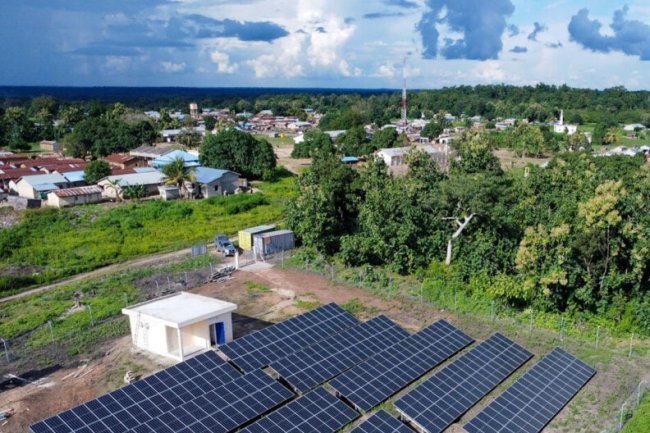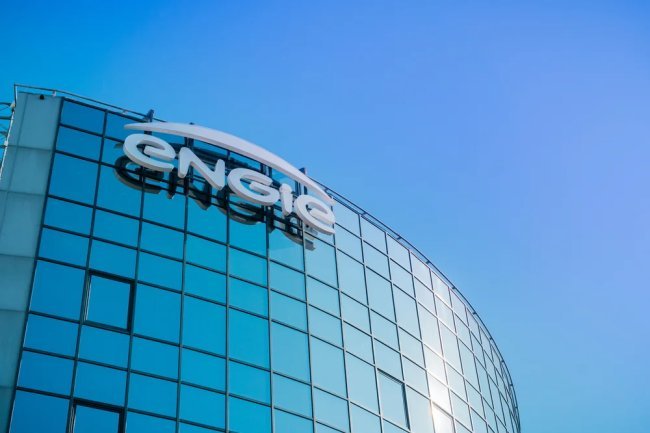Dangote Drops Ex-Depot Petrol Price To ₦820 Per Litre
The Dangote Petroleum Refinery has announced a further reduction in its ex-depot price for petrol, signalling what could become a significant shift in Nigeria’s domestic fuel supply market.

On Tuesday, the refinery dropped the ex-depot price per litre of petrol from ₦840 to ₦820, representing a ₦20 marginal decrease within a week of its previous price cut.
Confirming the new pricing, Tony Chiejina, a spokesman for the refinery, said the updated rate took effect on Tuesday, July 8, 2025. The move follows a similar drop on June 30, when the refinery reduced the ex-depot petrol price from ₦880 to ₦840.
The ex-depot price is the cost at which depot owners or major marketers buy petroleum products directly from refiners before distributing them to filling stations. With Dangote’s price drop, major fuel retailers such as MRS Oil & Gas, Ardova Plc, Heyden, and others with special supply agreements with the refinery are expected to adjust their pump prices downward to reflect the new pricing.
While a ₦20 reduction per litre may seem marginal, it comes at a time when Nigerians are struggling with high fuel costs and broader inflationary pressures. Analysts believe that competitive pricing from the Dangote Refinery could gradually put downward pressure on retail petrol prices if supply volumes remain stable and the distribution network becomes more efficient.
The price reduction is part of a broader strategy by the Lagos-based refinery to expand its share of the downstream petroleum market. On June 15, 2025, Dangote Petroleum Refinery made headlines when it announced a free distribution initiative for petrol and diesel to marketers, dealers, and other large fuel users across Nigeria. This bold step aims to win market share by offering incentives that smaller depot owners and independent marketers say they cannot match.
To support the new initiative, the refinery revealed that it has procured 4,000 brand-new Compressed Natural Gas (CNG)-powered tankers. The new fleet is expected to hit the roads starting August 15, 2025, improving the delivery of petroleum products nationwide. The use of CNG-powered tankers aligns with Nigeria’s broader push to adopt cleaner fuel options and reduce carbon emissions in the oil and gas logistics sector.
In addition to this, Dangote Refinery is also offering a credit facility for bulk purchases. Under the scheme, any marketer purchasing a minimum of 500,000 litres of petrol can receive an additional 500,000 litres on credit for up to two weeks, provided they present a valid bank guarantee. The credit facility is designed to incentivise large purchases and secure long-term supply contracts with major dealers and retailers.

However, these aggressive expansion strategies have sparked concern among some players in the downstream sector. Petrol marketers, truck owners, and depot operators argue that Dangote’s moves could threaten their businesses by undercutting their margins and disrupting long-standing supply agreements with multinationals and large corporations.
Independent marketers fear that smaller depots and tanker operators may not survive in a market dominated by a refinery capable of producing 650,000 barrels per day and offering deep discounts, free distribution, and credit incentives. Some have called on regulators to ensure that competition remains fair and that no single player can monopolise the sector at the expense of smaller businesses.
Despite the pushback, the Dangote Refinery remains confident that its pricing and distribution strategy will help stabilise fuel supply, reduce import dependence, and keep prices competitive for everyday consumers. As Africa’s largest single-train refinery, Dangote’s operations are expected to have a significant impact on Nigeria’s energy market in the coming years, with potential benefits ranging from job creation to increased foreign exchange savings by reducing reliance on imported refined products.
For now, all eyes are on how the ex-depot price cuts and new supply initiatives will shape pump prices and competition in Nigeria’s oil and gas sector. As the 4,000 new CNG tankers prepare to roll out this August, the impact of Dangote’s bold distribution moves will soon become clearer for marketers, dealers, and millions of Nigerians at the fuel pump.
What's Your Reaction?






















